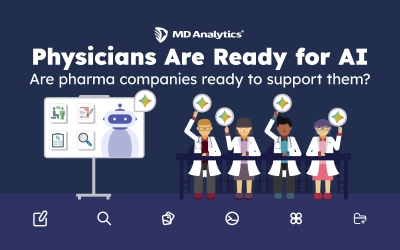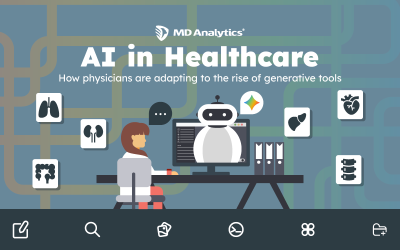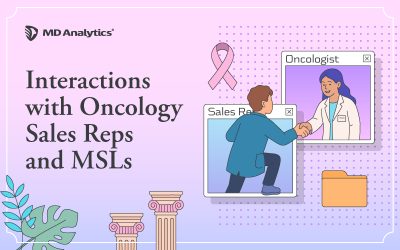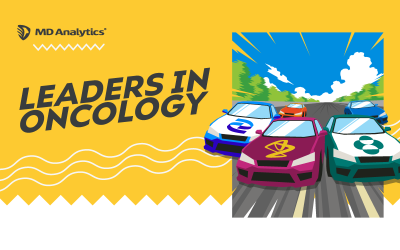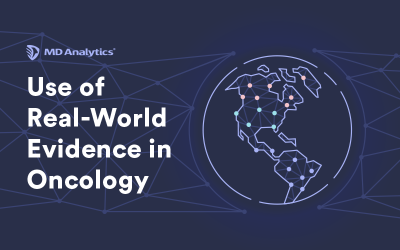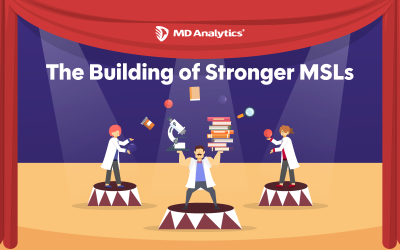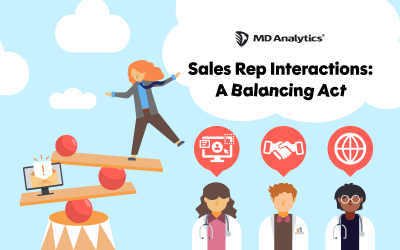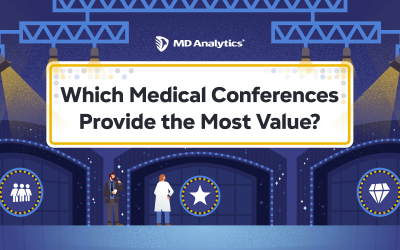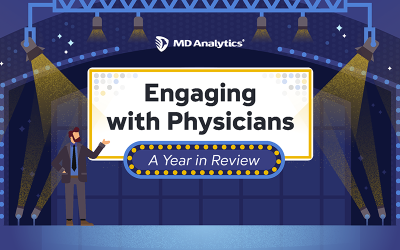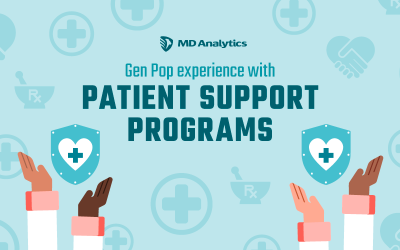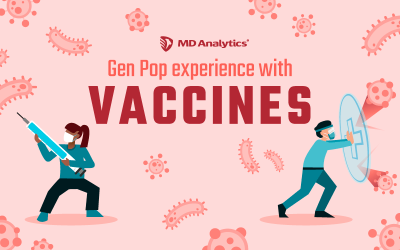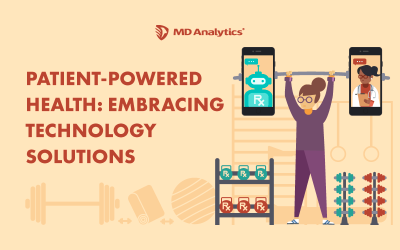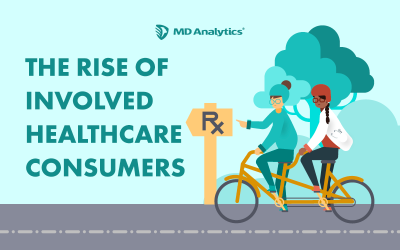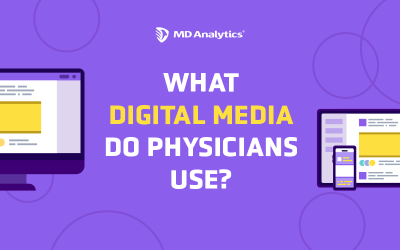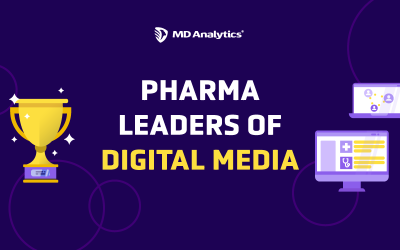AI continues to gain momentum in healthcare, and physicians’ openness to using these tools has increased over the past 2 years.
Our latest findings show that while physicians are ready and eager to adopt AI tools, most haven’t yet received meaningful support from pharma companies. This has remained unchanged over the past 2 years, leaving a clear gap between physicians’ enthusiasm and the assistance available to them.
Discover the full insights in our new infographic showcasing physicians’ perspectives on AI and the untapped opportunities for pharma to help move adoption forward.
